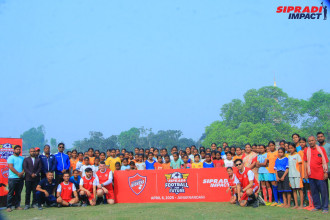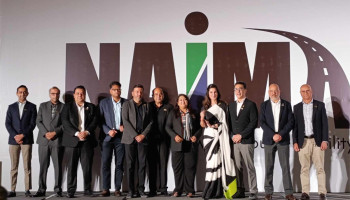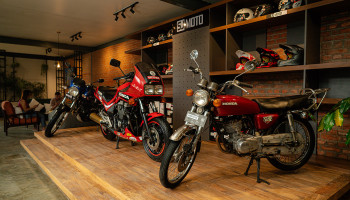In the second installment of a six-part series, we'll take you on a thrilling ride through the roaring '70s, a decade that saw Yamaha redefine what it meant to be a motorsports powerhouse. From exciting wins on iconic tracks to groundbreaking innovations that changed the game, Yamaha's domination in this era was legendary.
Honda and Suzuki withdrew from Grand Prix racing at the end of the 1967 season. After Yamaha dominated the 125 and 250cc classes the following year, it also suspended its factory effort in GPs. However, Yamaha maintained a presence in the series throughout this period by developing and offering production road racers that several privateer teams and riders used to win numerous titles.Yamaha’s passion for road racing was still there. It continuously improved its production racers and introduced special racing parts and advanced-development models to support talented riders such as Phil Read, Jarno Saarinen and Kent Andersson in the 350cc, 250cc and 125cc class. Saarinen racing the YZR500 in the Yamaha factory team’s first season in the premier 500cc class
Saarinen racing the YZR500 in the Yamaha factory team’s first season in the premier 500cc class
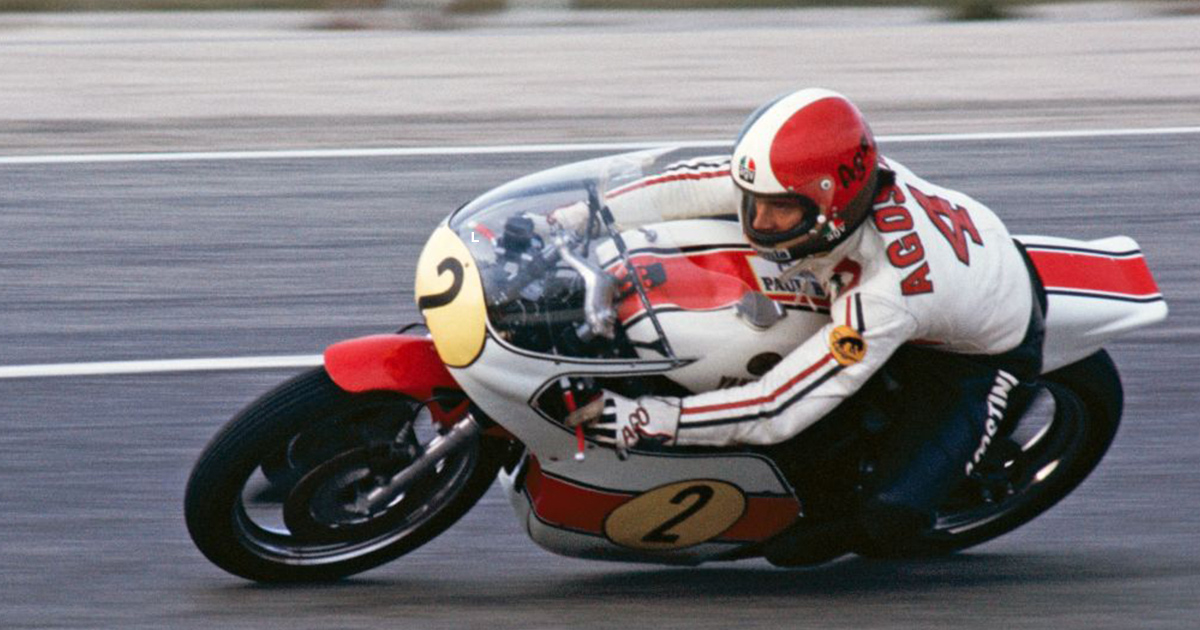 Giacomo Agostini racing his YZR500 clad in red and white
Giacomo Agostini racing his YZR500 clad in red and white
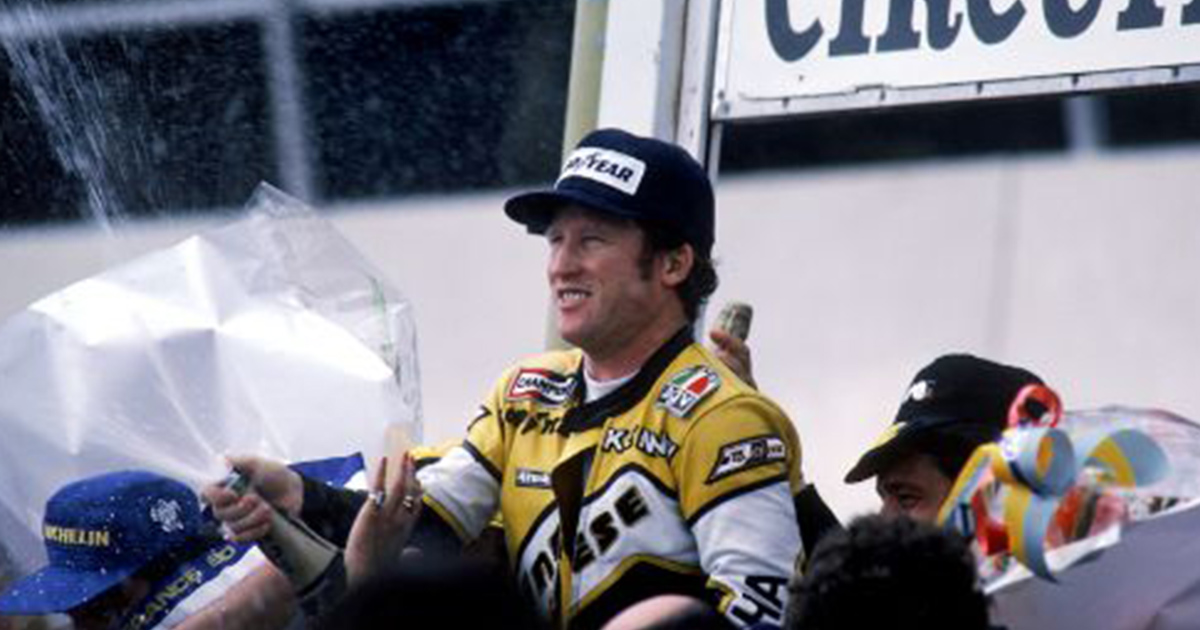 Kenny Roberts won his third straight title in 1980
Kenny Roberts won his third straight title in 1980
Roberts had a dirt track racing background from his years in the AMA and a then-unique riding style in which he hung off the bike through corners. He also brought his own motorhome to each round, and in these ways, he slowly went on to change the norms of GP racing and its paddock culture.Then in 1979, Honda returned to Grand Prix for the first time in 11 years, and with Suzuki also upping its own efforts, Grand Prix racing in the 1980s became a battle among the Japanese manufacturers for wins and titles.The 1970s: Writing The Yamaha Name In The History Books1970: Rodney Gould wins the championship on a production racer1971: Fifth manufacturer's title for Yamaha in the 250cc class1972: Saarinen takes the championship title1973: Yamaha begins championship campaign in the pinnacle 500cc class1974: Giacomo Agostini joins the Yamaha team1975: Double title in the 500cc class1976: Yamaha suspends activities as factory team1977: Yamaha returns with works teams1978: Roberts takes the championship title1979: Roberts takes consecutive titlesStay tuned for more thrilling chapters in Yamaha's racing history!Source information and imagery: Yamaha
















